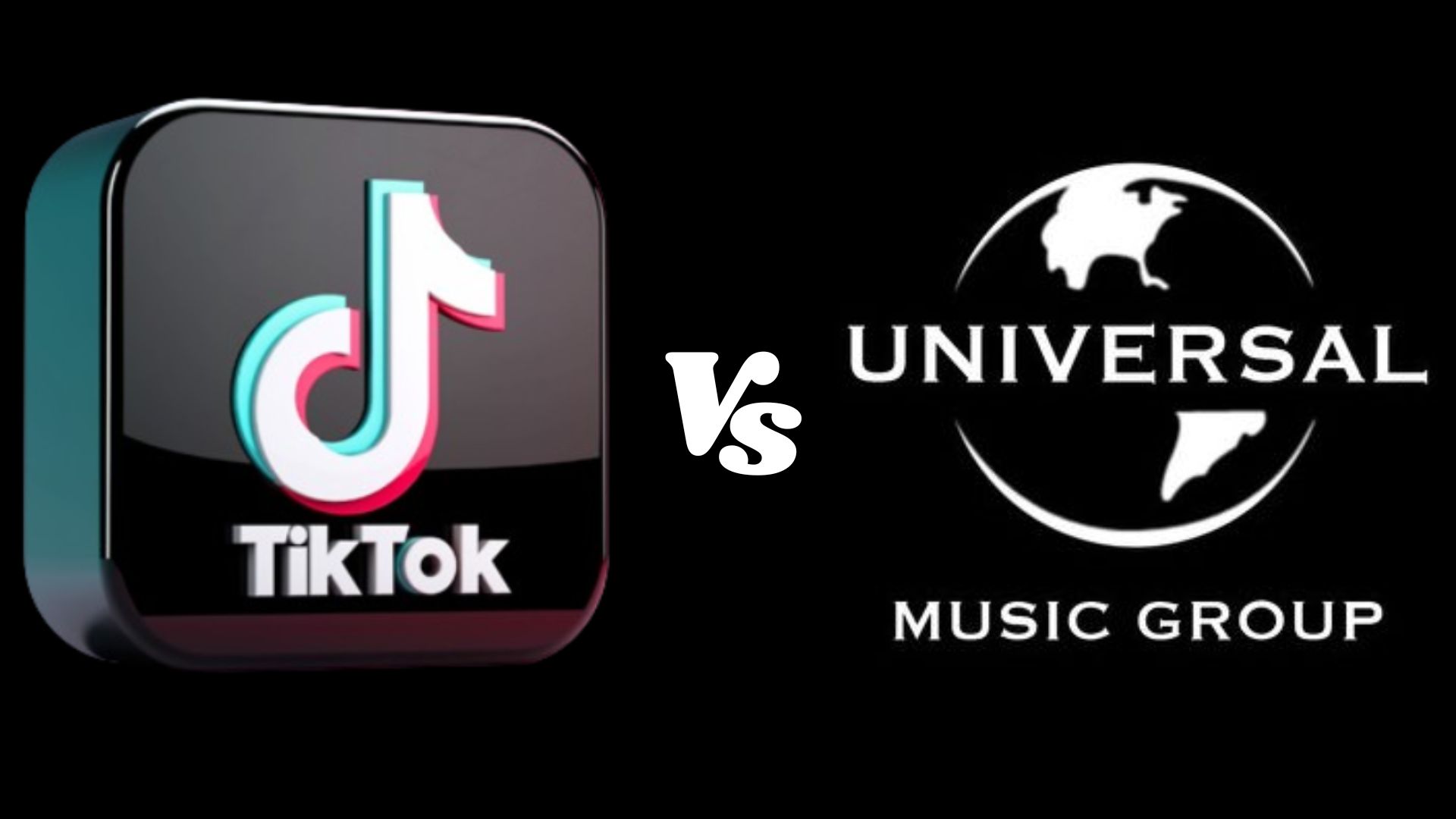In the dynamic realm of digital media, clashes between content platforms and copyright holders are emblematic of the ongoing struggle to navigate the complexities of intellectual property rights in the digital age. At the forefront of this conflict is the rivalry between TikTok, the ubiquitous short-form video app, and Universal Music Group (UMG), a titan in the music industry. As TikTok continues to soar in popularity, its reliance on user-generated content containing copyrighted music has sparked tensions with UMG and other rights holders. This clash not only exposes the challenges of enforcing copyright in an era of rapid content sharing but also raises profound questions about the future of creative expression and fair compensation in the digital landscape. In this article, we delve into the intricacies of the TikTok vs UMG dispute, exploring its implications for content creators, consumers, and the broader digital ecosystem.
Understanding TikTok and UMG
TikTok, owned by the Chinese company ByteDance, burst onto the scene in 2016 and quickly became a global phenomenon. Its unique format allows users to create short videos set to music, often featuring dances, comedy sketches, lip-syncing, and more. With its user-friendly interface and algorithm-driven content recommendation system, TikTok has amassed over a billion users worldwide.
Universal Music Group, on the other hand, is a powerhouse in the music industry. As one of the “Big Three” record labels, UMG represents some of the world’s biggest artists across a variety of genres. With a vast catalog of music spanning decades, UMG holds significant sway over the distribution and licensing of music content.
The Copyright Conundrum
At the heart of the TikTok-UMG conflict lies the issue of copyright infringement. TikTok’s platform relies heavily on user-generated content, much of which includes copyrighted music owned by entities like UMG. While TikTok provides tools for copyright holders to report violations and request removal of infringing content, the sheer volume of uploads makes enforcement challenging.
UMG, like many other music rights holders, has raised concerns about TikTok’s handling of copyrighted material. Despite TikTok’s efforts to implement content recognition technology and licensing agreements with major record labels, disputes over compensation and control persist.
Legal Battles and Negotiations
The clash TikTok vs UMG has spilled into the legal arena on multiple occasions. In 2020, reports emerged that UMG had threatened to pull its music from TikTok over licensing disputes. While the specifics of these negotiations remain largely confidential, it’s clear that both parties have a vested interest in finding a resolution that satisfies their respective concerns.
Additionally, TikTok has faced scrutiny from lawmakers and regulators worldwide over issues related to data privacy, national security, and intellectual property rights. These concerns have added another layer of complexity to its dealings with copyright holders like UMG.
The Future of Content Sharing
The TikTok-UMG conflict underscores broader questions about the future of content sharing in the digital age. As technology continues to advance and platforms like TikTok gain prominence, traditional models of content distribution and monetization are being challenged.
On one hand, platforms like TikTok offer unprecedented opportunities for artists to reach new audiences and engage with fans in innovative ways. The viral nature of TikTok’s content can catapult relatively unknown musicians to stardom virtually overnight.
However, this newfound accessibility also raises concerns about fair compensation for content creators and copyright holders. As platforms strive to balance the interests of users, advertisers, and rights holders, finding sustainable solutions that promote creativity while respecting intellectual property rights is paramount.
See Also – Can You Post to Your Instagram Story From Your Computer?
Conclusion
The clash TikTok vs UMG highlights the complex interplay between technology, creativity, and commerce in the digital age. While both parties have a stake in the outcome of their negotiations, the broader implications of their dispute extend far beyond their respective interests.
As consumers, content creators, and stakeholders in the digital ecosystem, we must remain vigilant in advocating for solutions that foster innovation, protect intellectual property, and ensure fair compensation for all parties involved. Only through open dialogue, collaboration, and a commitment to ethical practices can we navigate the challenges and opportunities that lie ahead in the ever-evolving landscape of digital media.

